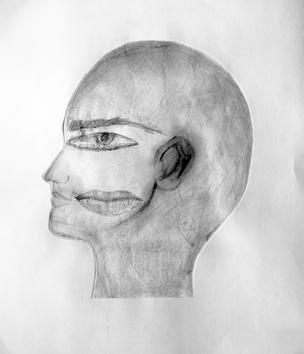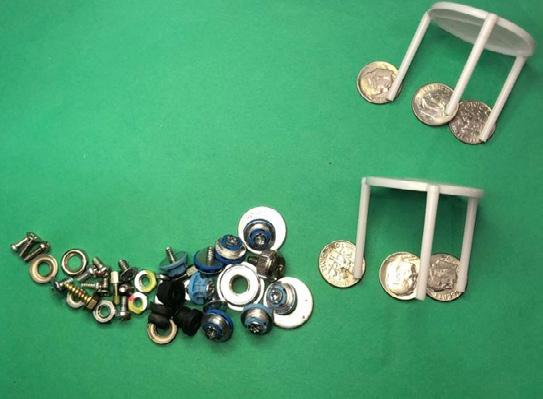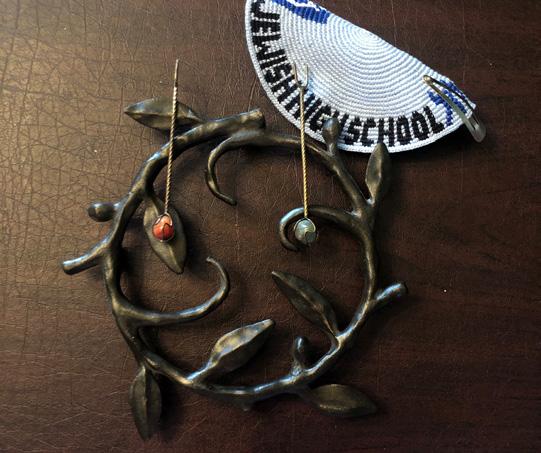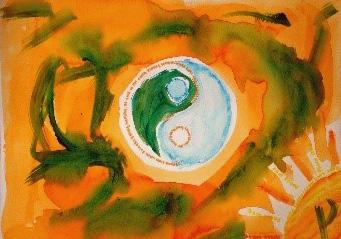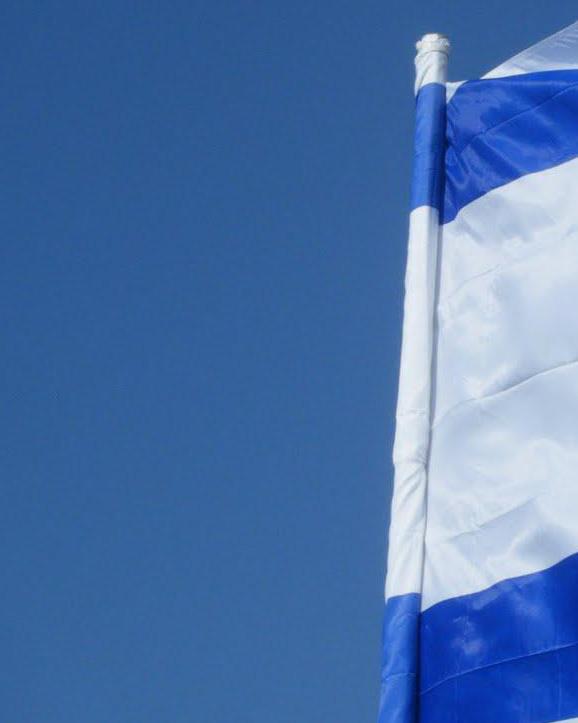
4 minute read
Sean Dreifuss
Discovering Faith During Elul
Sean Dreifuss, RZJHS 2020
Elul is a liminal month. Occurring around August and September, Elul marks the months in which we transition from summer vacation into the routine academics each year: an emotionally difficult time for many of us.
Judaically, this month marks the mental preparation for the High Holidays of Rosh Hashanah and Yom Kippur. Listening to the shofar blasts each day allows us to move our minds toward fundamental introspection. We ask ourselves: “Who am I? How has my character over the past year reflecting who I am? How do I want to better myself in my relationships with God and fellow humans?”
These essential questions cannot be answered alone during the many hours spent in shul on the High Holidays, which is why the month of Elul proves so integral to preparing us for these days. We want to enter shul with a mental agenda, ready to seek spiritual rejuvenation and self-improvement. Most importantly, we should strive to strengthen our relationships with others and God, a most difficult task.
After hearing the shofar, we recite “l’david hashem uri,” Psalm 27 — often referred to as the Psalm for the Days of Awe. In the penultimate verse of the Psalm, we recite, “Lulei heemanti lirot b’tuv Hashem, b’eretz chayim.” “If I had not believed to look upon the goodness of God in the land of the living.”
The word lulei is not a typical word. However, one way to read this line of lulei heemanti is backwards. Lulei (לולא ( backwards is aleph, lamed, vav, lamed, or Elul (אלול( .The second word — heemanti means my faith. Going off this reading, Elul is a time of reflecting on our faith, which has been the theme in our senior Modern Jewish Thought class. See Dreifuss, next page
Dreifuss, from previous page
We began the year studying a piece titled “Faith”by influential Rabbi Louis Jacobs. On the most simple level, everyone knows that our relationship with God is predicated on faith, the concept of “belief in another or God.”
However, Jacobs elucidates what faith actually entails, differentiating between faith and belief. He begins his essay by explaining the Biblical notion of faith, emunah, as one of placing trust in God, distinguishing this definition from the medieval understanding of believing or proving God’s existence. Belief alone is not enough; we need to trust.
Jacobs presents the dichotomy between trusting God and God’s Torah and acknowledging God’s existence, noting that the idea of trust is found in the existentialist approach: a high level of trust in human will and intuition and in our ability to act freely yet responsibly.
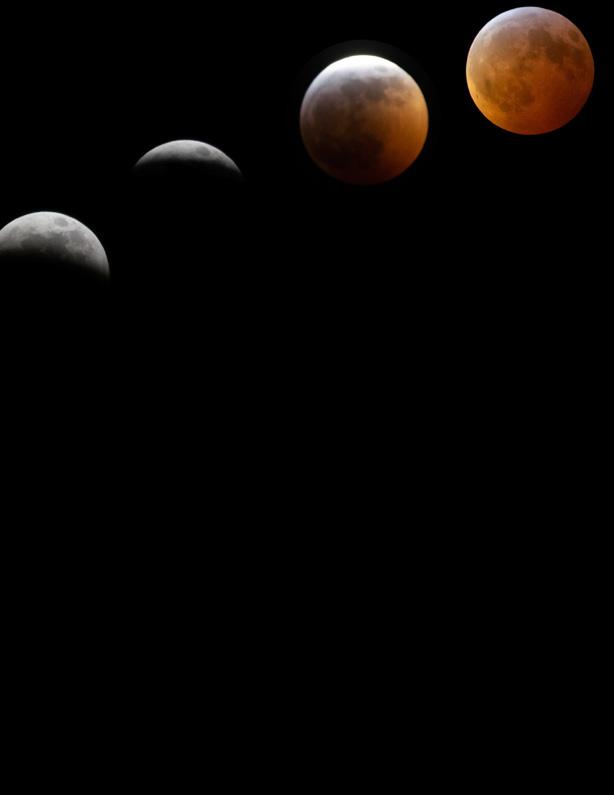
In contrast to the existentialists who have given up on proof and so offer a blind leap of faith, Jacobs suggests that a person of faith should venture on a scrutinized leap, taking the necessary time to question, doubt, and discover before leaping. Within Jacobs’ understanding of God and faith comes the aspect of intellectual honesty, the truthful-process of grappling with doubt and evidence that might argue against the facts as presented by religion. If we set aside this struggle, we are rejecting intellectual honestly, and rejecting the idea that faith proves absolute.
The scrutinized anticipation is often harder than the actual leap itself. The leap itself is only fleeting. Once you scrutinize thoroughly, your decision to leap will already be settled. Before we discussed Jacobs, I thought that the “leap” in the scrutinized leap of faith was greater in both time and significance. Adding the word and experience of scrutinizing before the leap as Jacobs suggests, I realized that the journey prior and after the leap are the essence. The leap itself, is only momentary.
I believe that there is both a leap into faith — the initial leap into tradition and the journey — as well as multiple leaps of faith throughout. We leap into traditions like those of the month of Elul in which we listen to the blast of a ram’s horn, a peculiar scene from an outsider perspective. The leap is our striving for meaning in this tradition, hoping that, in Elul, we can raise ourselves to a higher level of consciousness and at-oneness with ourselves and in our relationships.
Returning to the themes of the month of Elul, which began two weeks ago, we must remember that our relationship with God is covenantal. To put this idea of covenantal relationships in practical terms, think about a wedding.
Marriage is a covenant. The hallmark phrase of any Jewish wedding, besides “when do we eat”, is ani l’dodi v’dodi li, I am my beloved, and my beloved is mine. If we take the first letters of this phrase, aleph, lamed, vav, lamed, we again spell Elul.
Elul is a month in which we prepare ourselves to renew our vows with God. I hope that everyone takes at least the 20 seconds of shofar blasts to reflect upon your covenant with God and Judaism, searching for aspects that trouble us or where we seek to improve. Through this reflection, I hope that everyone can find oneness and peace of mind as we move through this liminal month.

